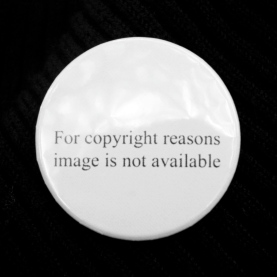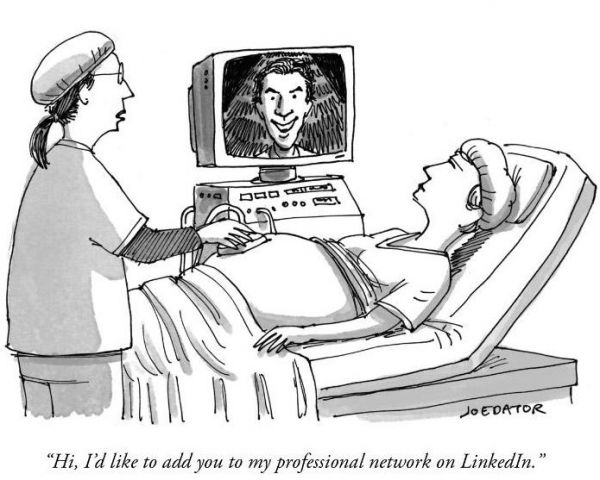
Wow…a huge amount of content and information in these 4 things! I’m going to try and apply some of the topics to paper I have published, and yes, I’m aware I keep banging on about this tiny spec in the researchivese but it’s all I have and the more I learn about academia the more amazed I am that it got published with relative ease – so I’ll will persist unapologetically…
I’m also aware I keep referring to this paper, yet provide absolutely no evidence it even exists, which seems as counterintuitive as it does suspicious. So here it is…all free and available via the wonders of ResearchGate. It wasn’t until today that I really took time to considered the process that allowed this or the implications. I know it was made available on the site by my previous supervisor and co-author, but this is the problem, I’ve always left the issues of ownership and copyright to superiors – it’s high time to brush up! Had I been asked a couple of weeks ago – ″Is your paper Open Access?″ – after dusting myself off from the shock induced fall I would’ve perhaps responded unconvincingly and with ill-informed hesitation – ″Er…no″. This guess would’ve been based on the fact that I have tried to download my own paper from a non-university source and been met with a request for money. I know that by agreeing for your work to be published you are effectively handing ownership to the journal, so as much as it feels like an affront to be asked for my own money for something I wrote, it is nonetheless understandable. It seems the journal in question does have an Open Access option, but this, surprise surprise, requires (significant) financial input from us, the authors. We pay OpenOnline $3000 and they highlight the paper as Open Access and allow anyone, anywhere to grab it. I now know the reason the paper can be uploaded ResearchGate is because it is there as an ‘author’s version’ – which has everything that’s in the ‘publisher’s version sans le frills. I can only assume my former boss read the appropriate terms that allowed him to legally do so…and having made that assumption the important thing is that now the paper can be read by anyone without the barrier of passwords or money and with a DOI link on this copy it can be cited as normal.
As for impact, well I’m not stupid, I don’t need metrics to know this work hasn’t shaken the world. It’s hardly a huge surprise given the obscure nature of the research area (and researcher!) – indeed I regard the fact that it has been cited at all as a minor miracle. And it has been, including in a book no less, with one of my beautiful sets of micrographs used as a figure (I don’t need to assume the authors asked permission from the new owners of my work because it says so in black and white under the figure!). However, depending on where you’re looking this citation may or may not appear – for example, on ResearchGate it doesn’t, only the two journal paper citations are present. For Web of Science it gets worse, just one citation is credited…it’s only on Google Scholar and Scopus where all three citations appear.
There are so many possible metric considerations when faced with the task of selecting a journal that it almost seems detrimental – so many numbers and classifications it is difficult to know what is relevant and ultimately what will allow your research to reach more of the people it is intended for. Clearly a good place to start is the quartile for your specific subject category, though it helps if you can pin what you’re doing down to one or two of these. In the year my paper was published the journal was Q1 for Pathology and Forensic Medicine and Q3 for Genetic, but neither of these really accurately describe the area of research despite it being very pertinent to the publication. I had very little input on journal choice in this case and it would be interesting to go back and have a conversation with my superiors who did, but I think a lot of it is experience – the more work you do in a particular field the more of a feel you have for which journals are worth shooting for. Equally important is knowing where is relevant, it’s no use publishing in a journal with stellar numbers if the audience doesn’t care about your contribution.
Finally, I should mention that the image used at the top of this post is ‘appropriately licenced’ and all above board, which I cannot confidently claim for the previous posts 






